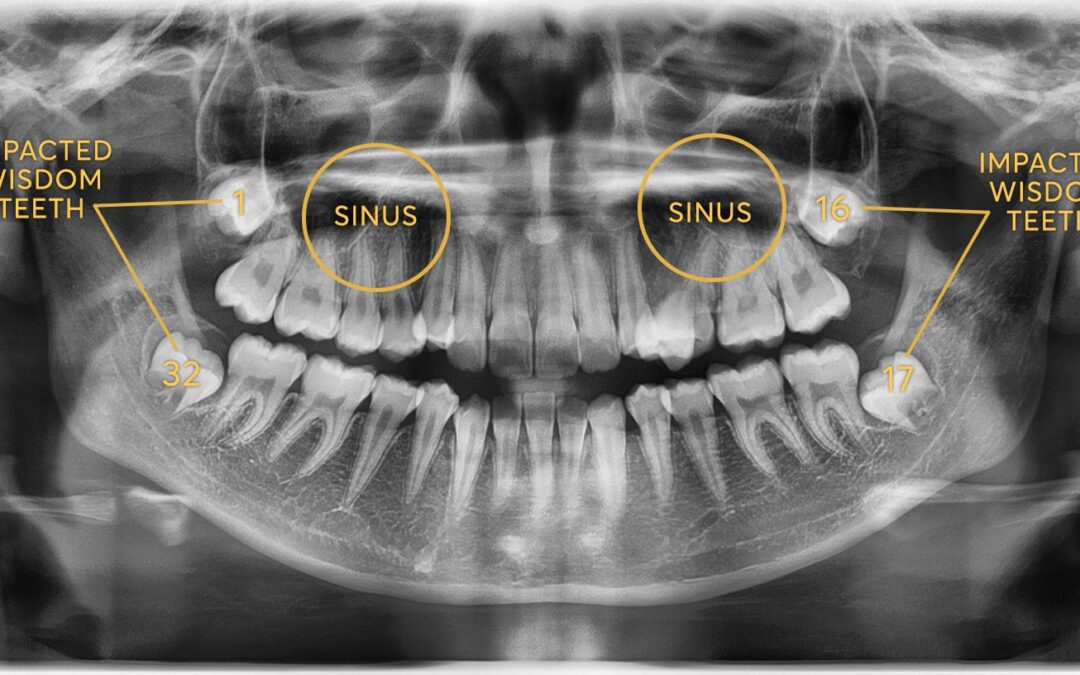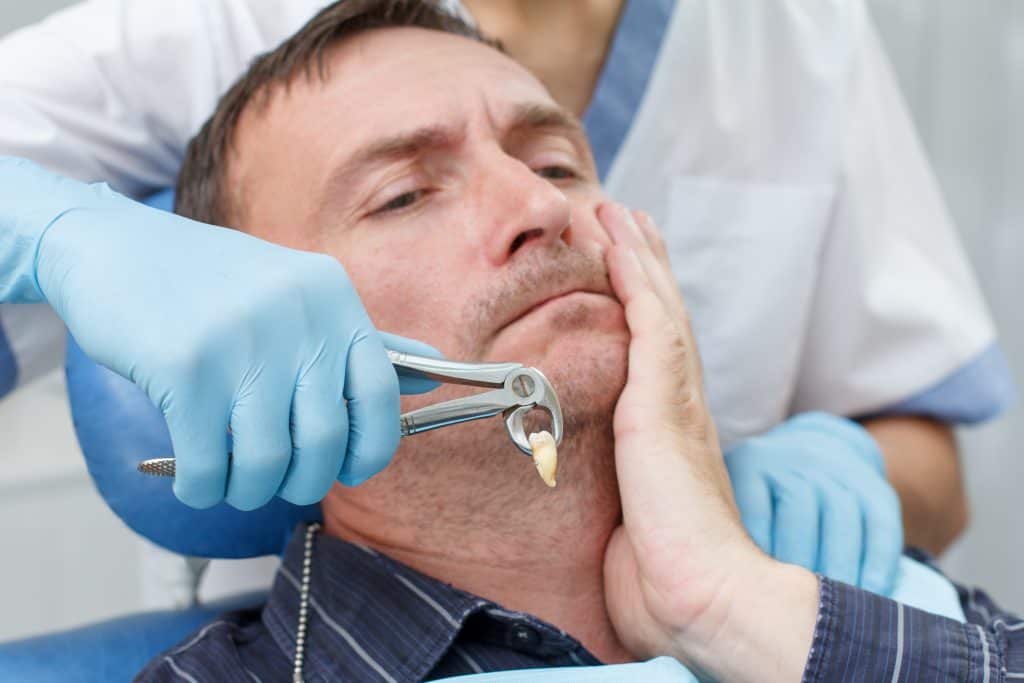Typical Myths About Wisdom Teeth Removal Aspendale Debunked
Wiki Article
Discovering Different Sedation Options for a Comfy Wisdom Teeth Extraction Experience
The usage of sedation during such treatments has actually ended up being increasingly common to reduce anxiousness and discomfort. With a range of sedation options readily available, from regional anesthetic to general anesthetic, each technique offers differing levels of leisure and pain control.Regional Anesthesia
Regional anesthesia is a frequently used approach for numbing particular locations of the mouth during wisdom teeth removal procedures. By carrying out an anesthetic, such as lidocaine, a dental practitioner can guarantee that the patient continues to be pain-free and comfy throughout the extraction procedure. Regional anesthetic works by briefly blocking the nerves in the mouth, stopping them from sending discomfort signals to the brain. This permits the dental professional to perform the removal without triggering any type of discomfort to the patient.One of the main benefits of neighborhood anesthetic is its targeted numbing effect, which implies that just the certain location being dealt with is influenced. This localized approach reduces the danger of systemic adverse effects and enables for a quicker healing post-procedure. In addition, local anesthesia is thought about to be a secure and regular method in dental care, with very little dangers included when provided by a skilled expert.
Nitrous Oxide
Nitrous oxide, typically known as giggling gas, is a form of sedation usually made use of in dentistry to aid clients relax throughout oral treatments. This sedation option enables the patient to continue to be responsive and mindful throughout the procedure while really feeling at convenience and comfy.Once the mask is eliminated, the results of the gas put on off quickly, enabling individuals to resume their regular tasks without sticking around sedative effects. Nitrous oxide is suitable for clients of all ages, making it a functional sedation alternative for knowledge teeth removals and various other oral procedures.
Oral Sedation
Oral sedation, a medicinal approach used in dental care, entails the management of sedative drugs by mouth to generate a relaxed state during oral procedures. This form of sedation is commonly used for clients going through wisdom teeth removal to alleviate anxiety and discomfort. The medicines recommended for oral sedation belong to a course of medications called benzodiazepines, which have sedative, anxiolytic, and amnesic residential properties. Commonly, the patient takes the suggested drug prior to the procedure, enabling ample time for the sedative results to hold.Unlike intravenous sedation, oral sedation does not need needles or injections, making it an extra comfy choice for individuals with an anxiety of needles. Furthermore, oral sedation is considered risk-free and reliable when provided by experienced dental specialists.
IV Sedation
Carried out intravenously by trained physician, IV sedation is an effective approach made use of to generate a controlled state of deep relaxation and unconsciousness during look these up dental procedures. Unlike oral sedation, which can be uncertain in its effects, IV sedation allows for accurate control over the degree of sedation, making it a perfect option for complex treatments like knowledge teeth extractions.Throughout IV sedation, a sedative drug is supplied directly right into the blood stream through a blood vessel, permitting it to work promptly and effectively. This technique makes certain that the individual stays unaware and comfortable of the procedure while still maintaining vital features such as breathing and heart price.
One of the key benefits of IV sedation is its capacity to give a deeper level of sedation contrasted to other approaches, making it specifically appropriate for patients with high degrees of anxiousness or those undertaking considerable oral work (wisdom teeth removal aspendale). Furthermore, the impacts of IV sedation typically wear away gradually after the procedure, lowering the possibility of grogginess or remaining adverse effects. In general, IV sedation offers a reliable and risk-free option for making sure a comfortable and stress-free experience throughout wisdom teeth removal

General Anesthesia
Having discussed the benefits of IV sedation for wisdom teeth extraction, the application of general anesthesia supplies an alternative choice for patients calling for a deeper degree of unconsciousness throughout oral procedures. General anesthesia generates a controlled state check these guys out of unfamiliarity, making sure the client really feels no pain or pain during the removal process. This technique is specifically beneficial for people with extreme oral anxiety, complex medical needs, or those undertaking numerous extractions at the same time.General anesthetic is administered by a skilled anesthesiologist that carefully monitors the client's essential signs throughout the procedure. It includes the use of intravenous medicines or breathed in gases to generate a state of unconsciousness. While under basic anesthetic, the person will certainly not understand the surgical treatment, experience any kind of pain, or have any recollection of the procedure later.
Although basic anesthetic is safe when administered by certified specialists, it carries a slightly higher danger contrasted to other sedation options - wisdom teeth removal aspendale. Clients taking into consideration basic anesthesia for wisdom teeth extraction must go over the possible risks and benefits with their dental professional or oral cosmetic surgeon to make a notified choice based upon their specific requirements and case history

Conclusion
Finally, different sedation alternatives are readily available to make sure a comfortable wisdom teeth her comment is here extraction experience. Local anesthetic is commonly utilized for numbing the details location, while nitrous oxide provides relaxation and discomfort alleviation. Oral sedation and IV sedation offer deeper degrees of leisure, relying on the client's requirements. General anesthesia can be utilized for more complex cases. It is important to speak with your dentist or dental surgeon to figure out one of the most appropriate sedation alternative for your treatment.Nitrous oxide is suitable for clients of all ages, making it a flexible sedation option for knowledge teeth extractions and other dental procedures.

Report this wiki page